Sarah J. Adams
Ghent University & University of Antwerp
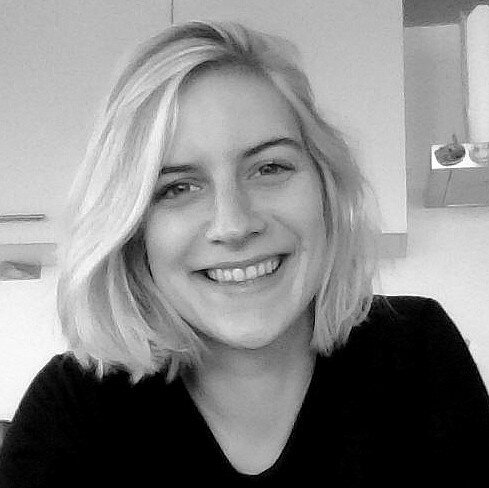
Sarah J. Adams completed her PhD thesis on antislavery theatre in 2020. Her current postdoctoral project "Blackface Burlesques", funded by the FWO, explores the modes, scenarios, tropes, and techniques used to design “blackness” on the comic Dutch stage and investigates the different functions of these modes of representation before the heyday of minstrel culture.
Eva Andersen
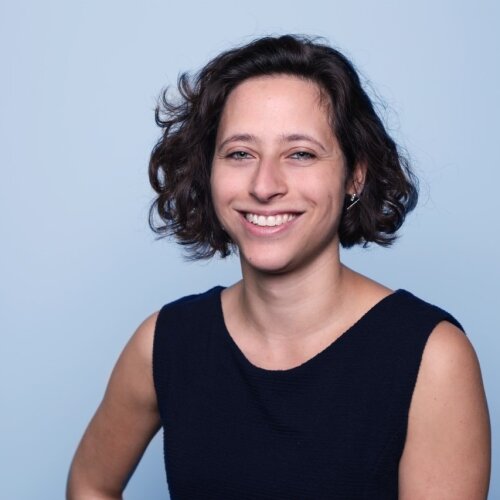
Eva Andersen is a historian and completed her PhD thesis in 2021 at the Centre for Contemporary and Digital History at the University of Luxembourg. She is a postdoctoral researcher at the University of Antwerp in the EU-funded project ‘Science at the Fair: Performing Knowledge and Technology in Western Europe, 1850-1914’. Her research examines the social and professional networks of itinerant showpeople and explores the various social and practical facets of their profession. Her area of expertise and research interests are the history of knowledge, history of science and digital history.
Charlotte Bigg
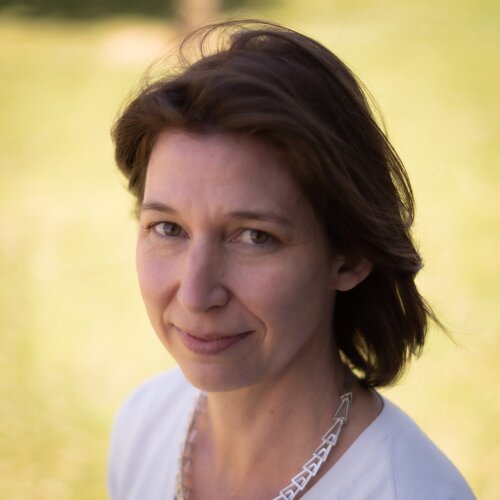
Charlotte Bigg is an historian of science working at the Centre Alexandre Koyré, Paris. She works on material and visual cultures and their circulation within and beyond the natural and human sciences, from the late eighteenth century to now. She is currently PI of a collaborative project at the intersection of the history of graphic design and the history of the human and social sciences in the twentieth century: Laboratoire Graphique. At the moment she also has to think very practically about the display and performance of science as part of her work as a curator for the complete overhaul of the Palais de la découverte, the Paris-based science museum due to reopen in 2025.
Marjan Doom
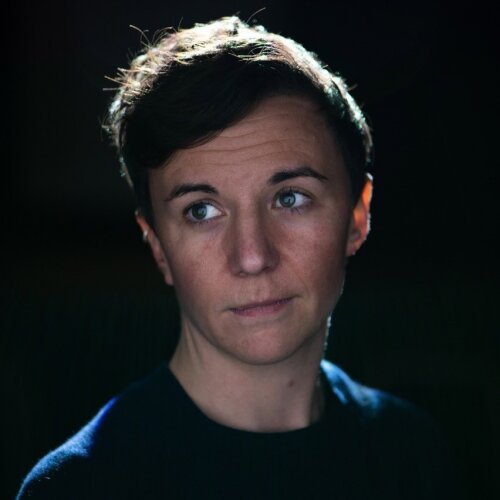
As director of GUM Marjan Doom (anatomist) sets out the mission and vision of the museum. She also curated its permanent display, for which she chose a science philosophical narrative, juxtaposing objects from a wide range of disciplines (from the humanities and social sciences to the hard sciences). This approach aims to evoke reflection on the process of knowledge creation rather than to clarify research output. As such, the collection is interpreted as a material trace of the human quest for knowledge. This approach embraces the societal role of museums as public spaces where reflection, dialogue and critical citizenship are encouraged. Doom is also the author of "The Museum of Doubt".
Sven Dupré
Utrecht University & University of Amsterdam
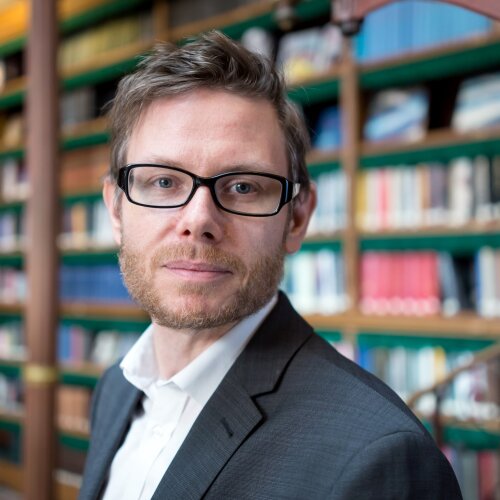
Sven Dupré is Director of the Research Institute for History and Art History, and Professor of History of Art, Science and Technology at Utrecht University and at the University of Amsterdam. He was the PI of the ARTECHNE project ‘Technique in the Arts: Concepts, Practices, Expertise, 1500-1950’, supported by a European Research Council (ERC) Consolidator Grant (2015-2021). Previously he was Professor of History of Knowledge at the Freie Universität and Director of the Research Group ‘Art and Knowledge in Premodern Europe’ at the Max Planck Institute for the History of Science in Berlin. He is a founding editor of the open-access 'Journal for the History of Knowledge' and the Routledge book series 'Knowledge Societies in History'. His most recent book 'The Making of Technique in the Arts' is forthcoming with Brepols Publishers in 2023. He also regularly collaborates with artists (a.o. David Hockney, Claudy Jongstra, Kader Attia, Ciprian Muresan).
Leen Engelen
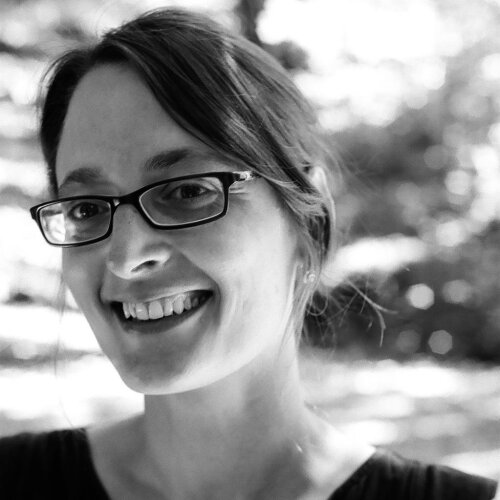
Leen Engelen holds a PhD in Social Sciences from KU Leuven and conducts research in the field of film and media history and the history of visual culture. She published on a diversity of topics – history of cinema in Belgium, media and film during the First World War, cultures of spectacle, panorama’s and ephemera such as film posters and postcards – in several academic books and journals. She has a special interest in archives, cultural heritage and digital access. Among other projects, she collaborated with the Royal Zoological Society of Antwerp and with the Heritage Department of the city of Leuven. In 2019, Leen was awarded the Annual Prize for Science Communication by the Royal Flemish Academy of Belgium for Science and the Arts (KVAB).
Evelien Jonckheere
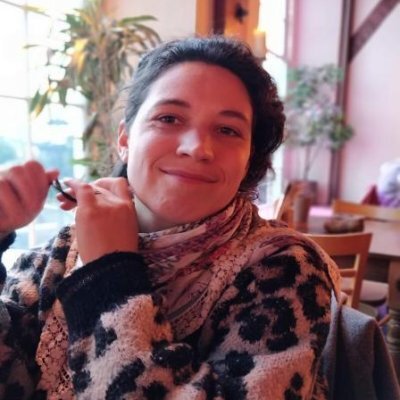
Evelien Jonckheere is senior postdoctoral researcher of the project "Physiognomic culture in popular performance: on the use of stereo-'types' in fin-de-siècle Brussels" at the University of Antwerp (funded by the FWO). She specializes in the margins of fin-de-siècle popular visual culture (magic lantern projections, fairground performance, circus, music hall and cabaret) rooted in (pseudo)science and ritual.
Parveen Kanhai
Independent researcher
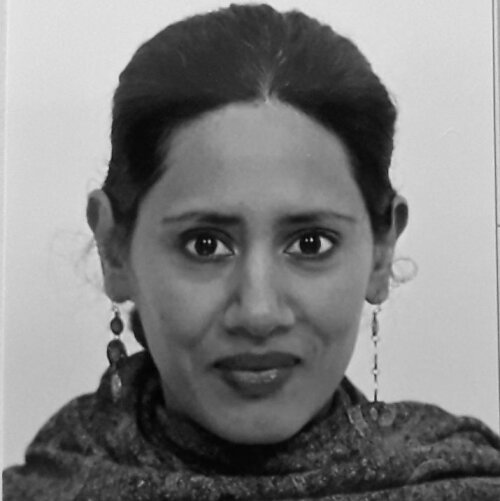
Parveen Kanhai studied history at the Erasmus Universiteit Rotterdam. While working in the ethnological museum of Rotterdam, she became interested in the representation of non-European people in the nineteenth century. Within this broad subject, she attempts to concentrate on human exhibitions, a subject that has received wide attention in Germany, France and Great Britain. For this purpose, she tries to locate photographs, advertisements and newspaper reports in (mainly digital) archives.
Besides, she has assisted 'The Menaka Archive', a project of German scholars dr. Markus Schlaffke and dr. Isabella Schwaderer, in locating primary sources on the Indian 'Menaka Ballet'.
Joe Kember
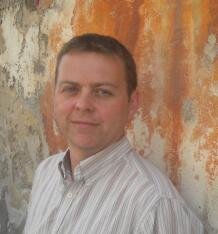
Joe Kember is a Professor in Film and Visual Culture. His research interests include early and silent cinema, Victorian and Edwardian popular entertainments including the magic lantern, theories of film affect, and issues concerning the representation of the human face. He teaches film, literature, and cultural theory, and has supervised postgraduate research concerning topics ranging from Victorian freak show to contemporary Scottish cinema. He is currently completing a book concerning the exhibition of popular screen entertainments, 1840-1914.
Bart G. Moens
Université libre de Bruxelles & University of Antwerp
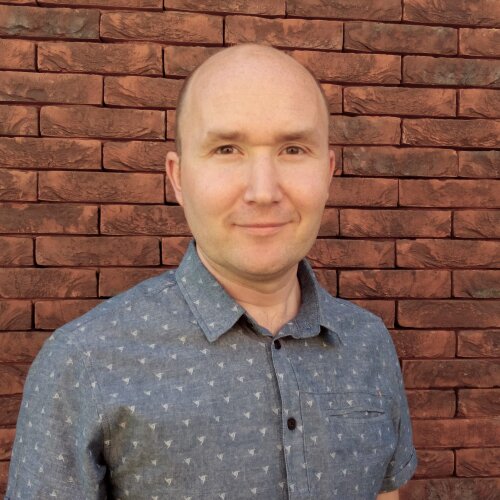
Bart G. Moens is postdoctoral researcher at the Université libre de Bruxelles and member of the SciFair team at the University of Antwerp, working on the 'Performing History and Geography' subproject. He specialises in late-nineteenth and early-twentieth-century visual culture with a particular interest in material and intermedial aspects of arts and media. In 2023, he completed his PhD ‘Emotions on Demand: Melodramatic Structures of Feeling in Optical Lantern Culture (1890s-1920s)’ in the framework of the EOS funded B-magic project.
Thomas Mougey
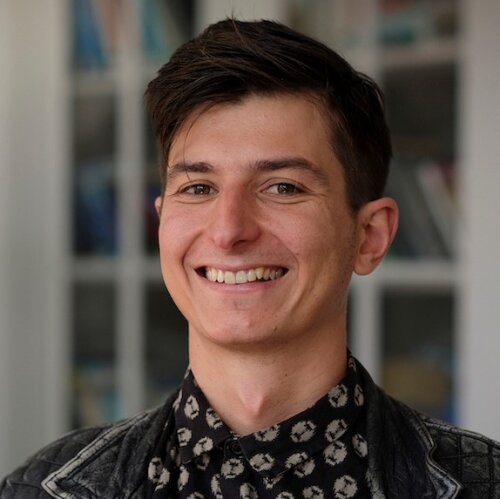
Thomas Mougey is a postdoctoral researcher in the history of science at Aix-Marseilles University. Since last June, Mougey has been participating in the JPI CH funded research project “Museums and Industry: Long Histories of Collaboration” alongside partners in London, Barcelona and Oslo. His research deals with the history of science and its international relations in a global context, the public display and popularization of science, and the infrastructure of international knowledge circulation in the nineteenth and twentieth centuries. He obtained his PhD at Maastricht University (Maastricht, the Netherlands) before working as a postdoctoral researcher at the Centre Alexandre Koyré (Paris, France) and at the Lund Center for the History of Knowledge (Lund, Sweden).
Thibaut Rioult
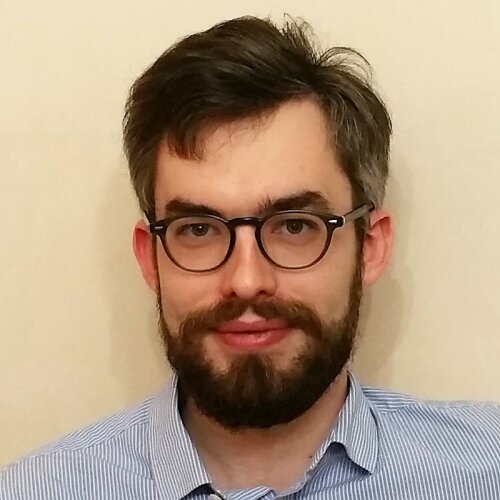
Thibaut Rioult is a postdoctoral researcher and member of the SciFair team at the University of Antwerp, where he works on the project 'Objets chargés : mettre en scène l’âme des choses' (Charged objects: performing the soul of things). Rioult is a scholar in magic studies. His doctoral thesis investigated the 'Illusion of Supernatural and Illusionists during the Renaissance Period' (Paris, ENS, 2018). He is assistant editor of Arcana Naturae, a journal for the history of 'secret' sciences, and secretary of the French association Magie, Histoire et Collections (the world’s oldest association of magic collectors, founded in 1937). He co-led the axis “L'art magique, pratiques et discours” of the programme 'Deceptive Arts. Machine, Magic, Media' (2015-2018). He has written several research papers and book chapters on illusionism in various fields (performance studies, philosophy, history, media studies, aesthetics, etc.). He has directed the exhibition catalogue 'Esprits Fantômes: Illusionnisme et Spiritisme' (Blois, Maison de la Magie Robert-Houdin, 2020). He belongs to the 'Fantastic Illusionism' art movement.
Karel Vanhaesebrouck
Université Libre de Bruxelles
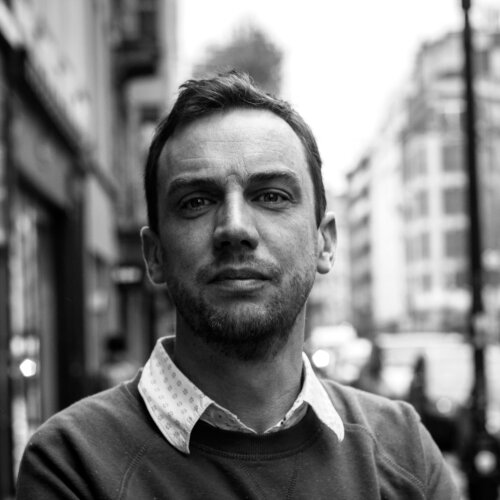
Karel Vanhaesebrouck is a professor and chair of theatre studies at the Université Libre de Bruxelles, where he teaches courses in the MA program “Arts du spectacle vivant” and acts as a director of the research center CiASp | Centre de recherche en Cinéma et Arts du Spectacle. He also works as a theory lecturer at the Brussel-based film and theatre school RITCS, the Royal Institute of Theatre, Cinema and Sound of the Erasmus University College, where he teaches courses in theatre history and cultural history. He has published widely on early modern theatre history in France, England and the Netherlands, but also on contemporary European theatre practices.
Kurt Vanhoutte
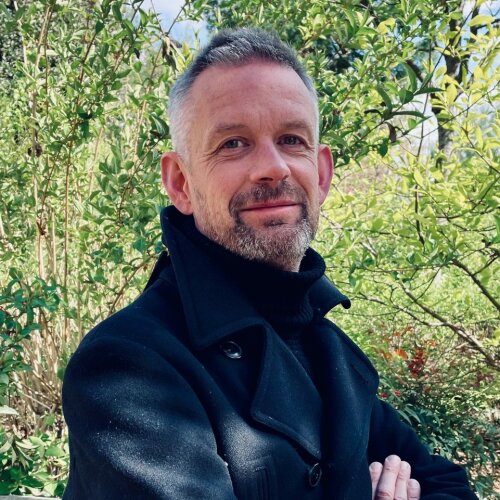
Kurt Vanhoutte is professor and chair of theatre and film studies at the University of Antwerp. His research focuses on the interplay of performance and science. Currently, he is spokesperson-coordinator of B-magic, an EOS (Excellence of Science) programme enabling an interdisciplinary consortium to study the magic lantern and its impact as a visual mass medium between instruction and entertainment. He is also Principal Investigator in Historical Bias, a project researching ideological bias through intersectional analysis of past data (c.1800-c.1940). Vanhoutte has published many book chapters and articles in journals including Early Popular Visual Culture, Contemporary Theatre Review and Foundations of Science.
Nele Wynants
Antwerp Research Institute for the Arts (ARIA), University of Antwerp
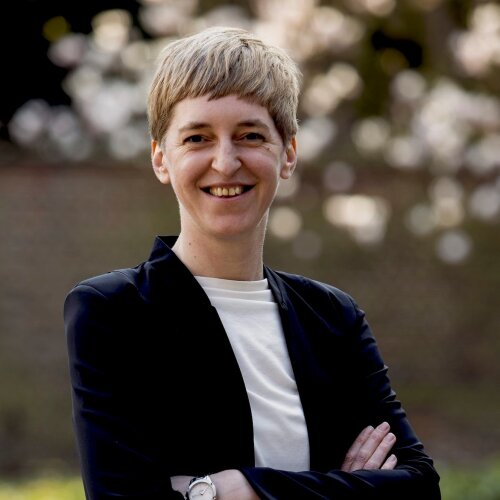
Nele Wynants is assistant professor at the Antwerp Research Institute for the Arts (ARIA), University of Antwerp. As an art and theatre scholar, she focuses on the interactions between performance, media and science and their overlapping histories. She coordinates the EU-funded project ‘Science at the Fair: Performing Knowledge and Technology in Western Europe, 1850-1914’. She is a member of the Young Academy of Belgium (Flanders) and the Project Management Board of B-magic, a large-scale research project on the magic lantern in Belgian history. As editor-in-chief of FORUM+ for research and arts, she is also involved in contemporary practice-based research and research in the arts.